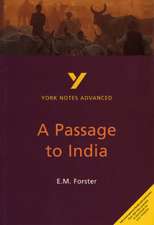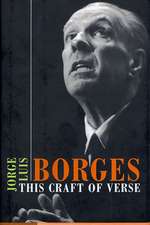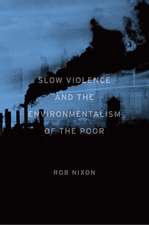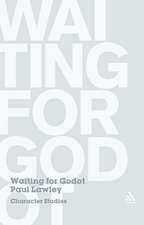Literature in the First Media Age – Britain between the Wars
Autor David Trotteren Limba Engleză Hardback – 22 dec 2013
New media and new materials gave writers a fresh opportunity to reimagine both how lives might be lived and how literature might be written. Today, Trotter observes, such material and immaterial mediations have become even more decisive. Communications technology is an attitude before it is a machine or a set of codes. It is an idea about the prosthetic enhancement of our capacity to communicate. The writers who first woke up to this fact were not postwar, postmodern, or post-anything else: some of the best of them lived and wrote in the British Isles in the period between the World Wars. In defining what they achieved, this book creates a new literary canon of works distinguished formally and thematically by their alertness to the implications of new media and new materials.
Preț: 326.60 lei
Nou
Puncte Express: 490
Preț estimativ în valută:
62.50€ • 67.87$ • 52.50£
62.50€ • 67.87$ • 52.50£
Carte tipărită la comandă
Livrare economică 22 aprilie-06 mai
Preluare comenzi: 021 569.72.76
Specificații
ISBN-13: 9780674073159
ISBN-10: 0674073150
Pagini: 352
Ilustrații: illustrations
Dimensiuni: 169 x 239 x 28 mm
Greutate: 0.64 kg
Editura: Harvard University Press
ISBN-10: 0674073150
Pagini: 352
Ilustrații: illustrations
Dimensiuni: 169 x 239 x 28 mm
Greutate: 0.64 kg
Editura: Harvard University Press
Notă biografică
Descriere
Communications technology is an idea about the prosthetic enhancement of our capacity to communicate. Some of the writers who first woke up to this fact lived and wrote in Britain between the World Wars. Here, David Trotter creates a new literary canon of works distinguished by their alertness to the implications of new media and materials.
















